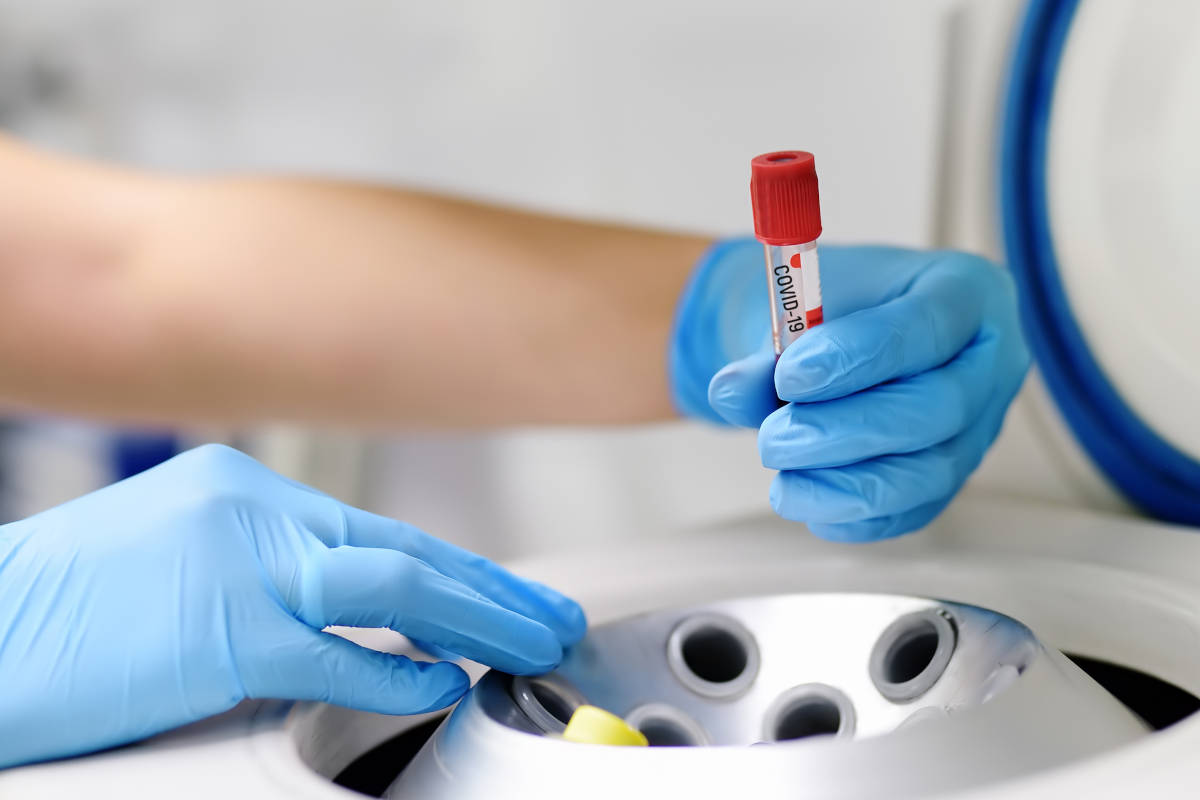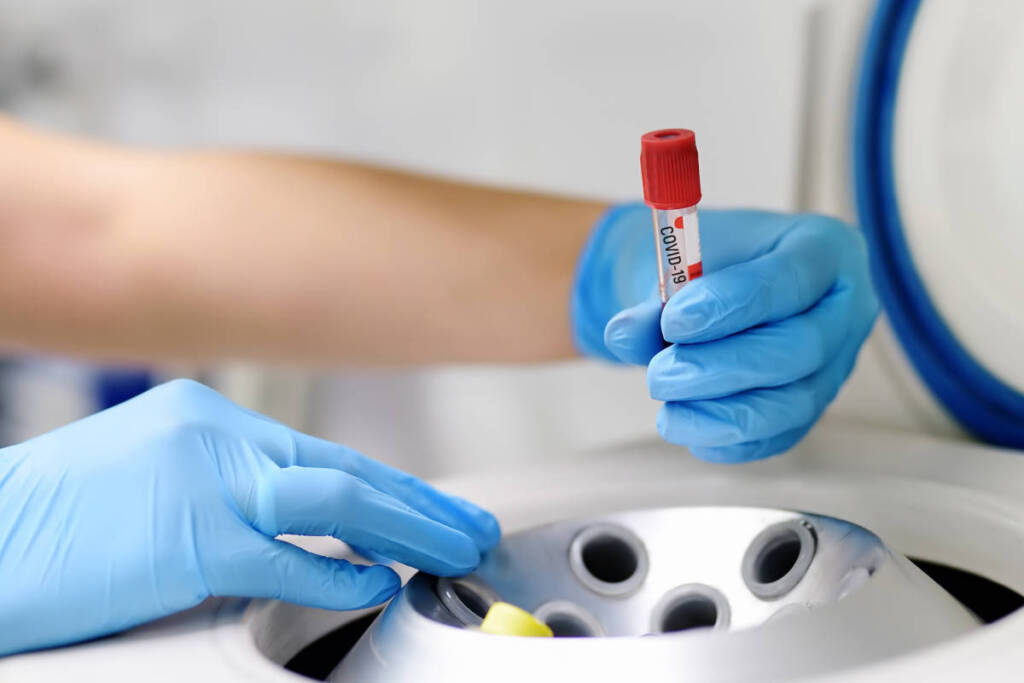Health
What is Delta Hepatitis and how can it be treated?

Delta hepatitis: what it is, the cause, the symptoms and how to treat viral hepatitis that affects the liver.
Delta hepatitis, also called "hepatitis D", is a form of viral hepatitis that affects the liver . This disease is caused by the hepatitis delta virus (HDV), which replicates only in the presence of the hepatitis B virus (HBV). HDV can be transmitted through infected blood, unprotected sexual contact, and sharing contaminated needles. It is considered a particularly serious form of hepatitis, as it can lead to chronic liver disease, cirrhosis and hepatocellular carcinoma. Let's find out together the causes, symptoms, diagnosis and possible therapies for this disease, in order to raise awareness on the prevention and management of Delta hepatitis.
What is Delta Hepatitis?
Hepatitis Delta, also known as hepatitis D, is a serious liver disease caused by the hepatitis D virus. It is a rare form of hepatitis that occurs only when you are already infected with the hepatitis B virus. HDV and HBV they are two distinct viruses that have different characteristics; however, when both infect an individual at the same time, they can cause a more severe form of viral infection.

The severity of HDV depends on when and how it is acquired. The most common way to contract this virus is through exposure to contaminated blood or body fluids such as during sexual intercourse or intravenous drug use. It can also be transferred from mother to child during childbirth and through needlestick injuries. Once an individual is infected, symptoms may not appear immediately as it takes time for the virus to reach sufficient levels to generate signs of disease.
Some patients may experience mild flu-like symptoms such as fever, nausea and vomiting, but often without any jaundice present and without a noticeable increase in liver enzymes due to its slow progression. More obvious signs include weight loss, jaundice , abdominal pain, and poor appetite due to chronic inflammation of the hepatocytes, and may appear as the disease progresses.
Hepatitis D: cures and treatments
We have seen how hepatitis delta is caught and what symptoms it can present. Now let's take a closer look at the possible treatments. Treatment options include antiviral drugs aimed at suppressing the replication capacity of viruses while causing minimal collateral damage to healthy cells, together with supportive measures aimed at halting the progression of the disease towards cirrhosis, reducing the morbidity problems that occur due to of its complications.
Because this virus tends to become more resistant over time, it needs periodic evaluations to ensure a better prognosis once treated, regardless of how you became infected. Only in 2023 was AIFA approved a new drug, bulevirtide , the first specifically indicated for the treatment of chronic HDV hepatitis. A medicine that will improve the quality of life of people affected by this serious pathology.
Finally, there are precautions you can take to avoid infection, such as having safe intercourse, avoiding contact with contaminated blood, and getting vaccinated. Through early diagnosis and proper management of Delta hepatitis, people with the condition can minimize the risk of long-term complications and enjoy a better quality of life. The important thing is to keep it under control and follow the instructions of your doctor.
Riproduzione riservata © - WT











